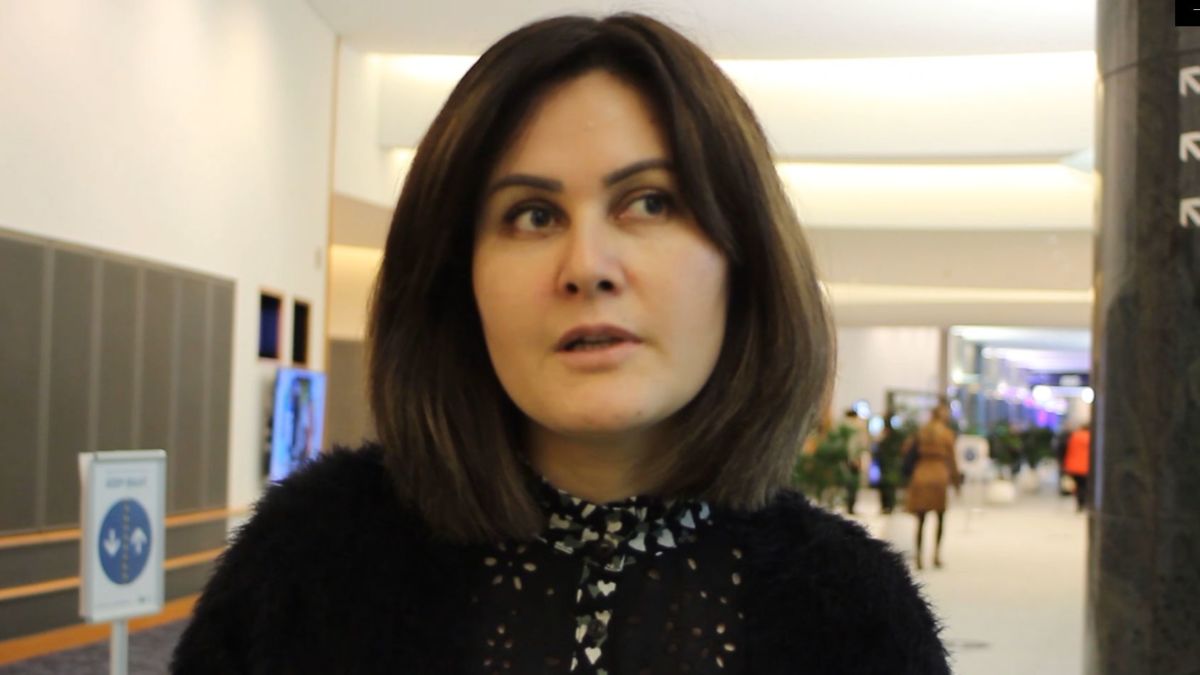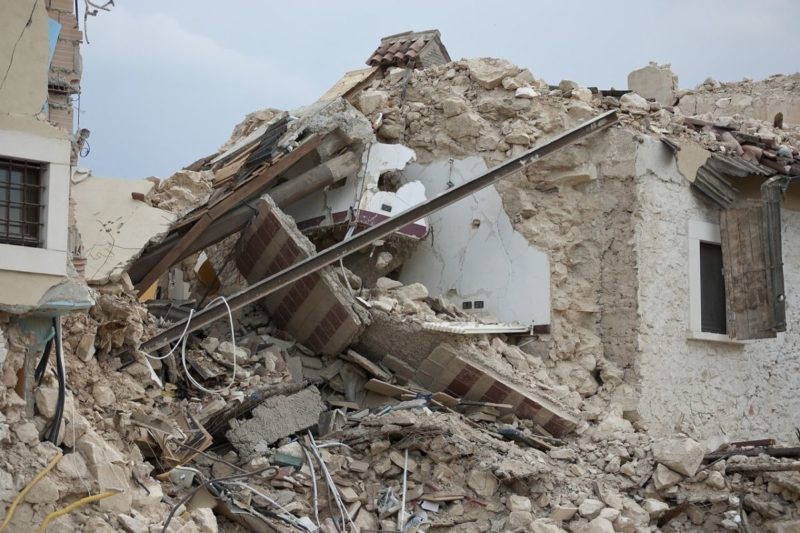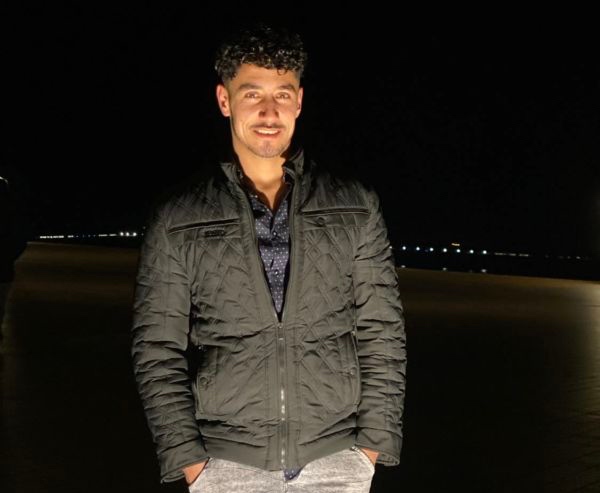Sahraa Karimi : “When one of the oldest cinemas in Kabul was destroyed, I cried”

During their pregnancies, three ladies in Kabul experience difficult times.
An Afghan film, directed by Sahraa Karimi in Kabul in 2019, Have, Maryam, Ayesha, was screened in one of the rooms at the European Parliament in Brussels. The film had been considered for the “International Feature Film” category for the 92nd Oscars in 2020.
I met the director and scriptwriter Sahraa Karimi during a European Parliament event for women from Afghanistan in Brussels, the capital of Belgium and Europe.
Karimi described her film to me. In Kabul, three Afghan women from various social origins are dealing with a significant issue in their everyday lives.
One is Hava, a conventionally pregnant woman, who lives in Kabul with her parents-in-law. No one cares about her. The only joy in her life is her imagined conversations with the unborn child, and talking to the baby in her belly.
An intelligent TV news reporter named Maryam is going to file for divorce from her adulterous husband. She has a lot of problems in her life, but once he learns that she is pregnant, things become more difficult.
Ayesha, a young woman 18 years old, agrees to wed her cousin because she is expecting a child from her lover, who left her after learning of the pregnancy. She must do something, therefore, to locate a physician so that she can have an abortion and reclaim her virginity.
All three women are trying to find a solution to solve challenges that others cannot understand. For the first time, each of them must resolve their own issues, in a religious country where there is no more respect for women.
A closer look at the film reveals that none of these three stories are solely about pregnancy and the problems the women are facing. These stories deal with exasperation at not being appreciated, and heard, the annoyance of not having a voice, not being respected, and the irritation of not having a right to speak. The aspirations of Hava, Maryam, and Ayesha have been crushed, and their dignity and their needs have been overlooked.
Even Maryam, who appears to be the most independent of the three, was forced to make decisions as a result of her husband’s actions because she had no power to influence or do anything.
Karimi believes that Hava, Maryam, and Ayesha was the last film to be made in Afghanistan, and finds it very painful to think about. It took more than one year to release her film.
This film represented Afghanistan’s cinema at the 92nd Oscars and has won several international awards in different countries. Hava, Maryam, and Ayesha had its world premiere at the 76th Venice Film Festival and received many different prizes.
Karimi’s film was nominated for an Orizzonti/ Horizon Prize (awarded for Best Film) in 2019.
Afghan Women behind the Wheel, one of her other well-known works, garnered about 20 accolades at prestigious film festivals, including the Slovakia Academy accolades and the best documentary feature prize at the 13th Dhaka International Film Festival.
“They are coming to kill us”
On the day that Kabul collapsed, Karimi went to the bank to get some money, but they closed and evacuated everything from the office in August 2021, following the Taliban’s capture of Kabul. “They are coming to kill us,” they told her. “I still cannot believe this happened in my country,” says Karimi.
In 2022, she began working as a visiting lecturer at the National School of Cinema (CSC) in Rome after relocating to Italy in the same year.
She describes how, when she arrived in Italy, “I had no idea where to start, where to go, or what to do. So I felt both great sadness and disappointment at the same time.” Then I received a special invitation to the Venice Film Festival to take part in a panel discussion about Afghanistan and Afghan film-makers. Additionally, they informed me in writing that I would meet the CSC’s president. When Marta Donzelli and I first met at the film festival, I was shocked when she unexpectedly invited me to teach as a visiting professor at the CSC.
“I consider this to be a wonderful privilege,” says Karimi, “as well as an opportunity, and I am appreciative. I can’t even find the right words to describe how important Marta Donzelli’s offer and subsequent teaching at the CSC were to me and my entire career. They truly saved my life and offered me another chance. In addition to working with professors and teachers, some of whom are not only legends of the history of Italian cinema but also of the history of the world of cinema, I am incredibly grateful for the opportunity to teach at this prestigious film school and to be with talented students as they embark on their journey to becoming professional film-makers.”
Sahraa Karimi was the first woman to be appointed to head Afghan Film, the only Afghan government institution in the field of cinema, before the Taliban took control of Afghanistan.
She is an Afghanistani actor and film-maker who has a doctorate in art film directing from the Film and Television University of Slovakia. She lived in Iran for 17 years and in Slovakia for 13 years. Her father is from Uruzgan province and her mother is from Badakhshan province.
Karimi, who has directed 30 short films and three documentaries, told us that an individual without education and cinema experience has been appointed by the Taliban to run Afghan Films.
Women in Afghanistan, she told us, who are experiencing difficult conditions and a dangerous situation, stand up and do not allow the European and American governments to enter into a compromise and interaction with the Taliban that is detrimental to women.
Karimi considers herself an activist, and in her opinion, if you are an artist, particularly a film-maker and especially a female film-maker, and you are from a place like Afghanistan where patriarchy is pervasive and the culture is highly traditional, your job is not an easy one.
“I don’t just create movies to earn attention.”
It turns into a civic duty that allows you to stand up for both your own rights and the rights of other members of your community. “As a director,” she told us, “I don’t just create movies to earn attention or accolades; I also reflect on societal concerns and challenges through storytelling, particularly those that pertain to women.”
Karimi criticized the decision taken by President Ghani to bring the film archive to the “Arg” it means to the presidential palace “where none of us have access to it”, and also his cabinet takes the decision to destroy a particular cinema. When Kabul Municipality decided to demolish the once-famous “Cinema Park” in the city, Karimi was the primary organizer of demonstrations against the move. It was “catastrophic” to the city’s culture and history, she and other cultural activists and film-makers said, to destroy the 1950s cinema. Karimi had to be forcibly removed from the cinema by police in order for the destruction to proceed in November 2020. Social media users went gaga over a picture of her sobbing as the demolition crews arrived. Karimi said: “When one of the oldest cinemas in Kabul was destroyed, I cried and thought about the memories that are buried under the ground.”
“So, in this situation,” Karimi told me, “in some ways I take on the role of a messenger who seeks to spread the word about my people while also fighting for their rights in order to alter society. In addition to being an artist, I also campaign for human rights and support women in my country. I promote the rights of women in my nation. There are thousands of women and girls in Afghanistan in the prisons of the Taliban. They rape them, kill them, and force them to marry the Taliban, and no one can hear their voices. And I think that the most effective way for us to alter society is via film and not stay silent.”
Karimi believes that the Taliban are not the majority, but a minority that has taken the peoples of Afghanistan hostage.
After the collapse of the previous government in Afghanistan and the Taliban’s takeover of the country, all activities related to independent cinematographers were banned and the Taliban issued strict regulations last October, prohibiting the broadcasting of films and series in which women are present. Afghan Film, which was the only cinema institution in the structure of the Afghanistan government, is now under the supervision of the Taliban and is used for the production of Taliban propaganda programmes, and it is now run by a Taliban commander who has no experience in, or knowledge of, the cinema sector.




